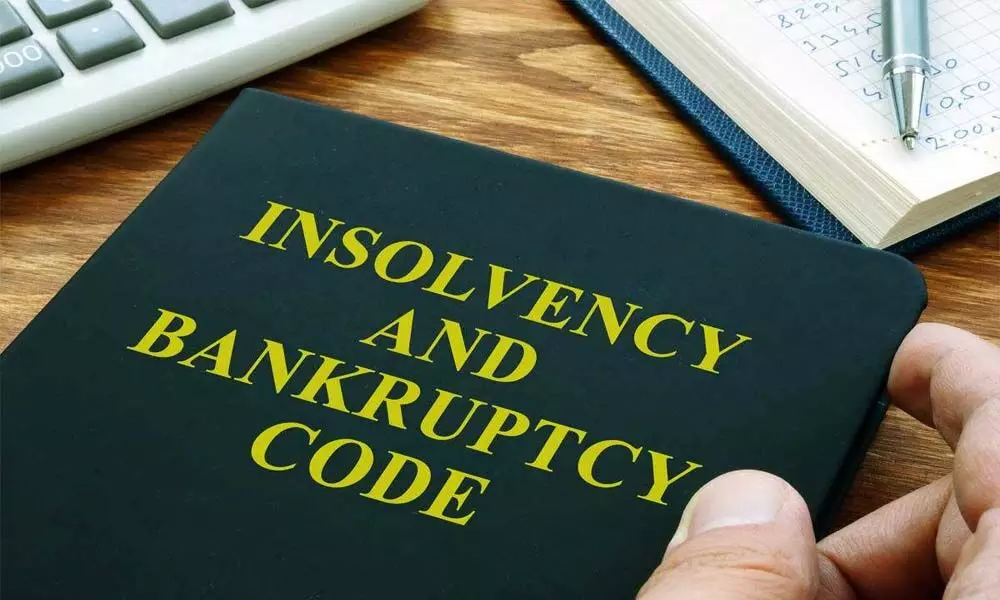IBBI allows IRPs to hire professionals for resolving complex cases

IBBI allows to hire professionals for resolving complex cases
IBBI has come out with new regulations with respect of the insolvency resolution process for corporate persons.
The Insolvency and Bankruptcy Board of India (IBBI) has come out with new regulations with respect of the insolvency resolution process for corporate persons that empowers resolution professionals (RPs) to hire the services of professionals to help conduct complex resolution processes.
The changes, made by amending the IBBI (Insolvency Resolution Process for Corporate Persons) Regulations, 2016, has also made RPs responsible for finding out if a corporate debtor (CD) has been subject to avoidance transactions, namely, preferential transactions, undervalued transactions, extortionate credit transactions, fraudulent trading and wrongful trading, and file applications in a time-bound manner with the Adjudicating Authority seeking appropriate relief.
The amendment also requires an insolvency professional (IP) conducting CIRP (corporate insolvency resolution process) to disclose all former names and registered office address so changed in the two years preceding the commencement of insolvency along with the current name and registered office address of the CD, in all its communications and records. This will allow stakeholders, who may find it difficult to relate to the new name or registered office address and consequently fail to participate in the CIRP, to participate in the resolution process.
With regard to the appointment of professionals by the RP, the new regulations provide that such services could be called upon to assist RP in discharge of his duties in conduct of the CIRP. Certain corporate resolution process comes with their complexities and services of professionals in such cases have been considered in the past.
But the new regulations has provide that appointment of professionals in the resolution process will be made on an arm's length basis, following an objective and transparent process. The invoice for fee shall be raised in the name of the professional and be paid into his bank account.
"IBBI has further introduced good practices to be followed by the IRP/RP. IRP/RPs have to follow arm's length and transparency principles while appointing the professionals which will ensure avoidance of conflict of interest and also ensure cost efficiency," said Anoop Rawat, Partner, Insolvency & Bankruptcy at Shardul Amarchand Mangaldas & Co.
"IBBI has also introduced timelines which need to be followed by the RP for making determination on undervalued, preferential, and fraudulent transactions. While the introduction of timeline is a welcome provision, the adherence to these timelines would largely depend on availability of adequate data and information required for assessment of these transactions.
"In large cases, the personnel, directors and promoters do not give adequate cooperation for ensuring the availability of the necessary information and data. While Section 19 of the Code imposes a duty on all personnel to provide all assistance and cooperation to the IRP/RP as may be required by him in managing the affairs of the corporate debtor and to apply to the Adjudicating Authority if such cooperation is not forthcoming, however, in reality the process of cooperation and issue of direction by NCLT is not fast enough to meet the strict timeline prescribed for assessment and determination of avoidance transaction," he added.
The proposal on undervalued, preferential, and fraudulent transactions will not only claw back the value lost in such transactions increasing the possibility of reorganisation of the CD through a resolution plan, but also disincentivises such transactions, preventing stress to the CD.
For effective monitoring, the amendment requires the RP to file Form CIRP 8 on the IBBI's electronic platform, intimating details of his opinion and determination in respect of avoidance transactions. The IBBI has specified the format of CIRP 8 through a Circular issued on Tuesday. This Form needs to be filed in respect of every CIRP ongoing or commencing on or after 14 July, 2021.







